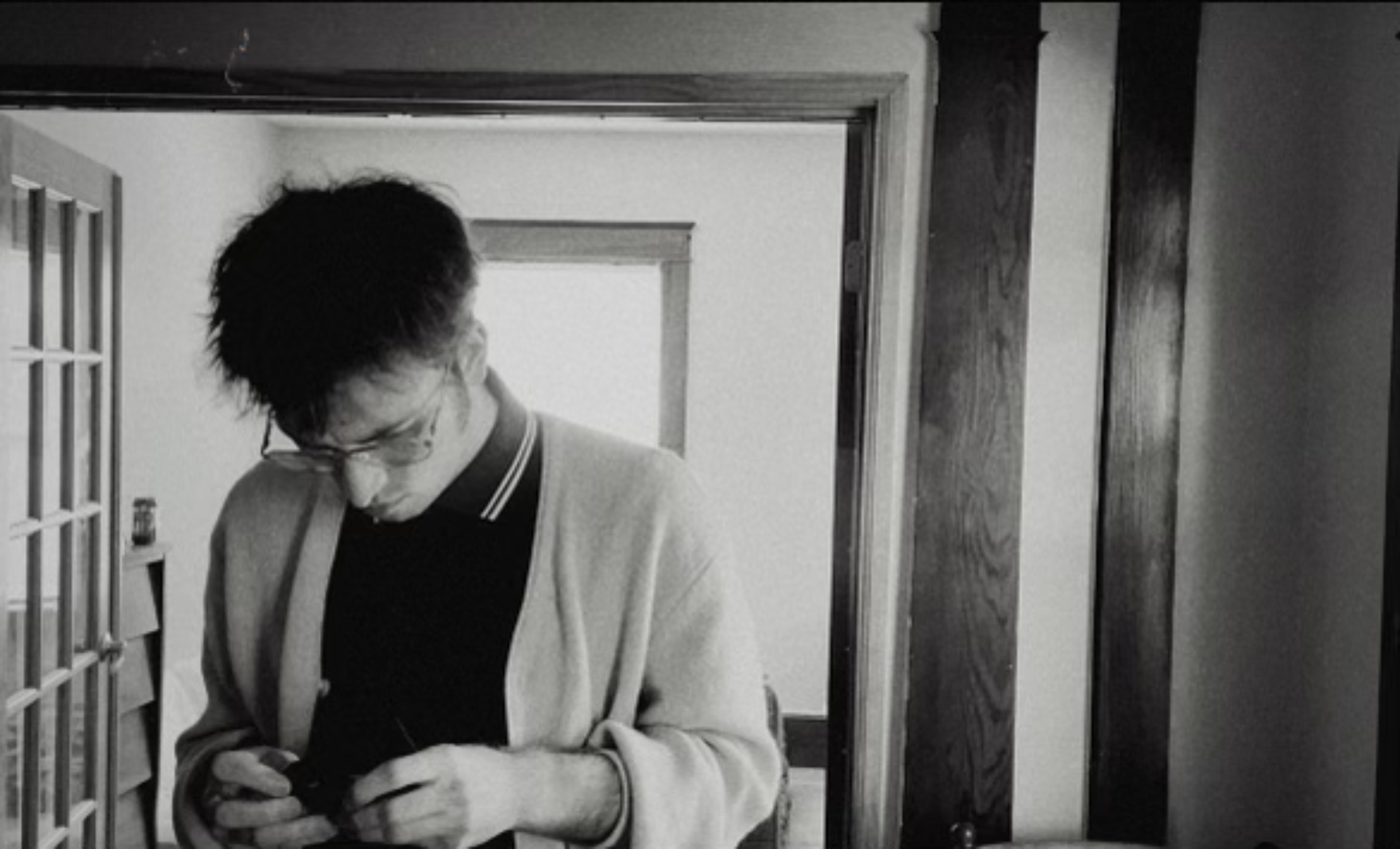We’ve discussed my relationship with singer-songwriter fare a few times this year. I rebelled against wordsmiths for years because I associated verbosity with the preachy Christian music of my youth. It wasn’t that I didn’t like words, but I also didn’t care if they actually meant anything.
Eventually, I embraced how high-quality lyrics with beautiful poetic metaphors could impact my appreciation of a song. This proved especially true when it came to writers who crafted pointed, yet relatable stories. Nevertheless, when it comes to artists rooted in any facet of the folk tradition, I still choose vibes over words.
Which the music of Chet Wasted definitely delivers.

By definition, Raspberry falls comfortably in the category of folk music. Released on Count Your Lucky Stars, this ten song debut full-length bears copious hallmarks of nuanced artistry from the genre’s last 60-plus years. Also known as Jacob McCabe (of the band Perspective, a lovely hand to hold), Wasted combines delectable harmonies, layered instrumentation, and dreamy intimacy to create a timeless feel. His guiding aesthetic calls to mind a chilly fall morning on the New England coast as the sunshine peeks through the partly cloudy haze.
Drawing from antecedents like Elliot Smith, early Sufjan Stevens, and the Beach Boys, Wasted pays copious homage with warmth and thoughtfulness. What I enjoy most is how he sets big goals for his songs and mostly hits the mark, thanks to mellow acoustic guitar strums and strong production. His clear vision for these songs fuses fun hooks with world-weary vocals that never feel jaded.
It doesn’t hurt that his falsetto reminds me of Bon Iver, but without reverb and pretense.
This album’s standout track is “A Moment Captured in Space and Time,” which combines plucked guitar, strings, xylophone, trumpet, and tympani with stirring flair. On “Once in A While,” Wasted channels his inner David Bazan atop a chaotic mélange of drums, piano, and strings.

With “Not Okay,” a loping pop groove matches wits with aching harmonies, choice electric guitar fills, bleating horns, and upright piano trills. “Moving Backwards” rounds everything to a close with a tuneful showcase of the album’s overarching ideas and instrumentation.
My quibbles with the album exist primarily in the latter third. There’s a wider gulf between understatement and getting introspective than most people realize. Specifically, “Second Death” and “Anybody Laughing” feel drenched in vocal fuzz to the point of being washed out. Not only do they need more balanced sonic textures, but they’re both short songs that feel incomplete.
Overall, Raspberry revels in subtlety.

Sure, it features the chops of Harry Nilsson or the baroque arrangements of Fleet Foxes, but that’s because the album aims high. Chet Wasted creates melodies and chord structures that feel basic at first, but that’s until they slowly sink into your psyche. Eventually, your brain easily decodes the flavors helping these tunes rise far above soundalike folk.
In the end, I don’t need to understand what Wasted is saying. I can feel the mood in my guts and see it in my imagination, and that’s fine by me.


